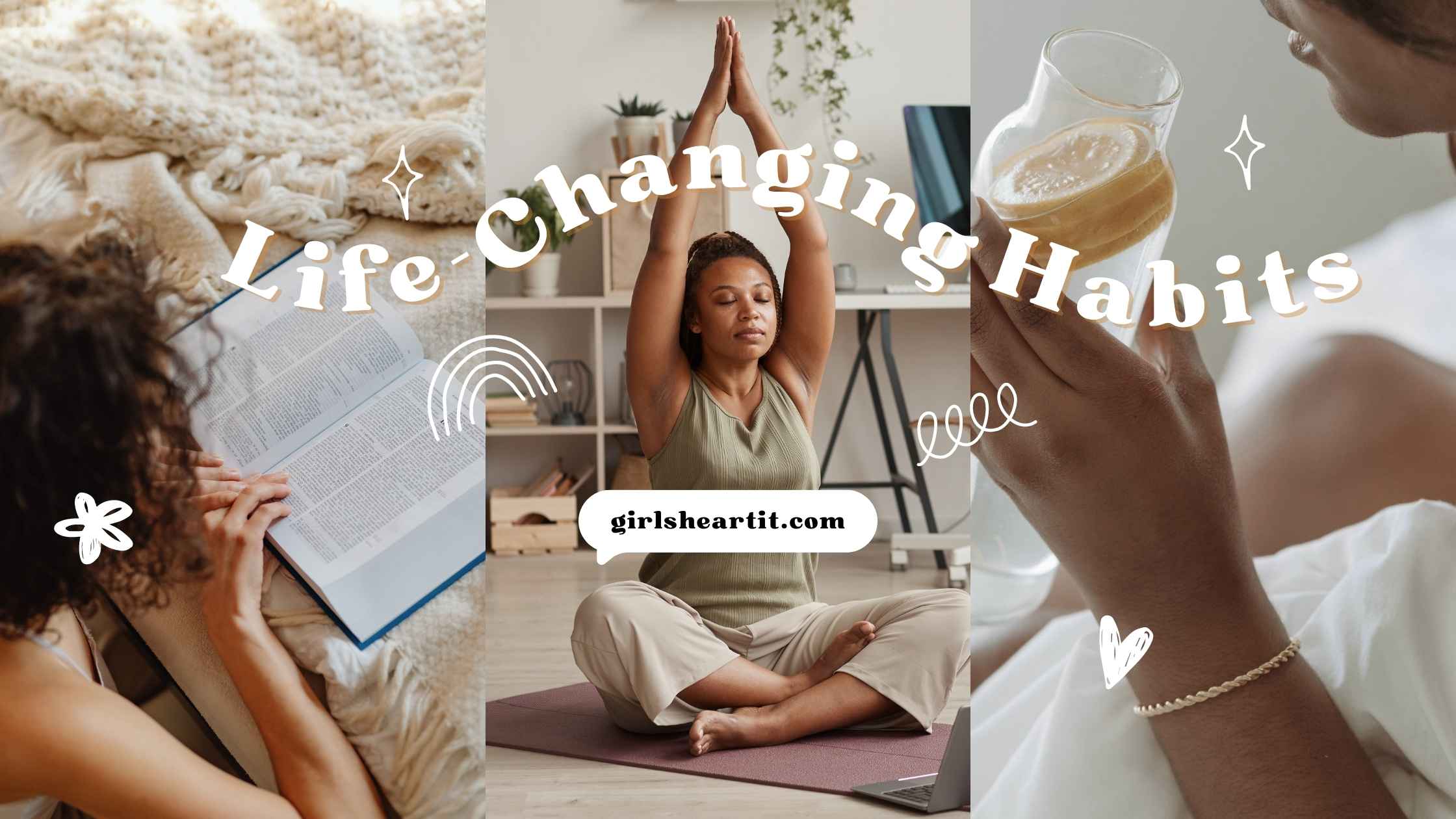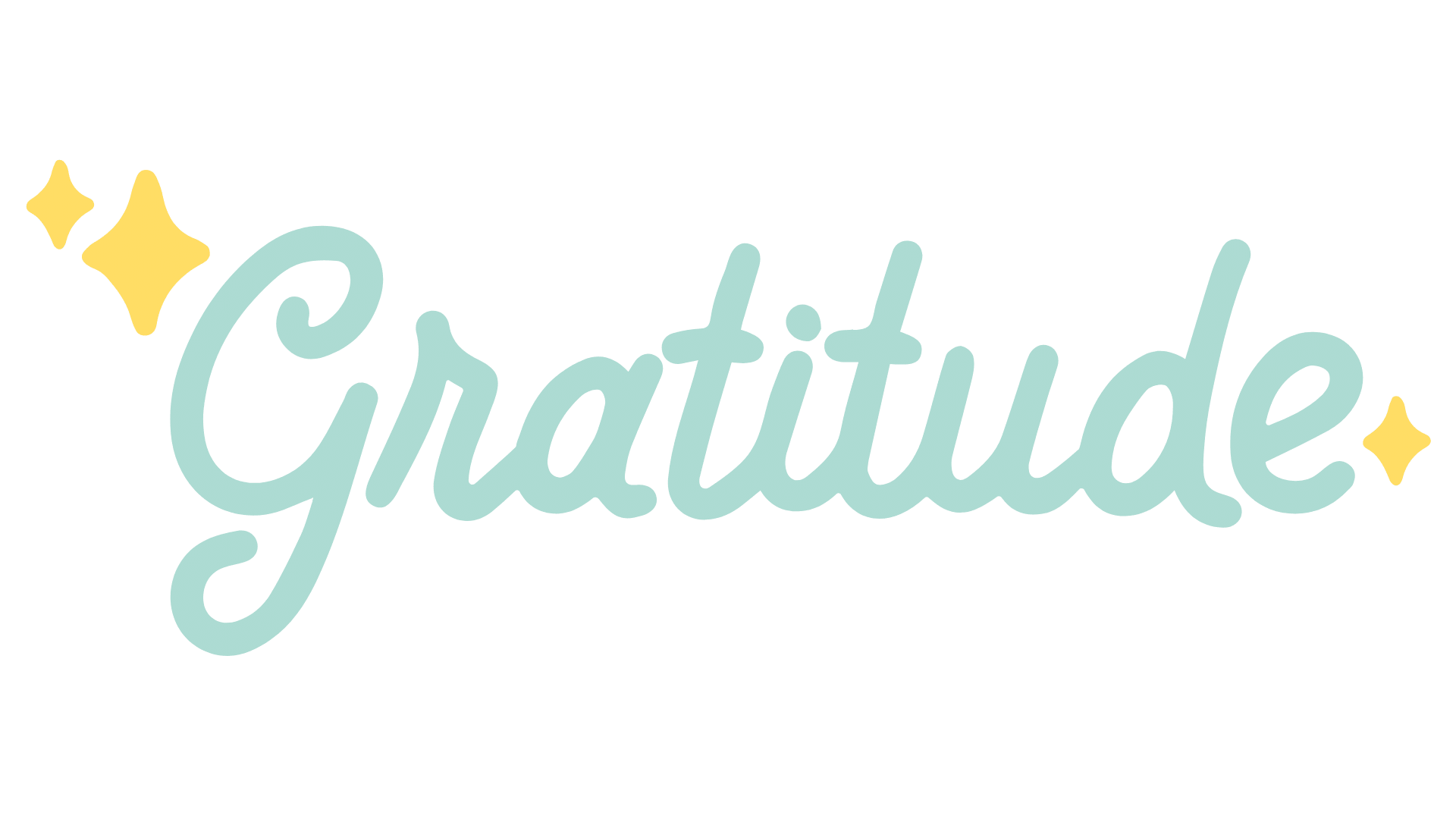The way you live your lives is largely determined by the
habits you form, whether consciously or unconsciously. Habits are powerful
tools that can shape your thoughts, behaviors, and ultimately, your lives. By
cultivating positive habits, you can greatly enhance your physical, emotional,
and mental well-being and overall quality of life. In this blog post, I will
explain five habits that can potentially transform your life for the better.
From daily exercise to a regular gratitude practice, I will delve into the
benefits of each habit and provide practical tips for incorporating them into
your daily routine. So, let's get started on the journey toward a healthier, happier,
and more fulfilling life!
Habit 1: Daily Exercise
Daily exercise is an essential habit that can have a
profound impact on both your physical and mental health. Engaging in regular
physical activity has been shown to improve cardiovascular health, strengthen
muscles and bones, reduce the risk of chronic diseases such as diabetes and
cancer, and boost immune function.
Moreover, exercise is also known to have a positive effect
on mental health, helping to reduce stress, anxiety, and depression. When we
exercise, our bodies release endorphins, which are natural feel-good chemicals
that can elevate our mood and reduce feelings of pain and discomfort.
Incorporating exercise into your daily routine does not have to involve intense workouts or lengthy gym sessions. Even a brisk walk or short yoga session can provide significant health benefits. The key is to find an activity that you enjoy and can commit to on a daily basis.
To get started with a daily exercise habit, it can be helpful to set specific goals and create a realistic plan that fits into your schedule. For example, you might aim to walk for 30 minutes each day or attend a yoga class three times a week. Finding an accountability partner, whether it be a friend or personal trainer, can also help to keep you motivated and on track with your exercise routine.
In addition, it is important to listen to your body and make adjustments as needed. If you experience pain or discomfort during exercise, it may be a sign that you need to modify your routine or take a break. Remember, the goal of daily exercise is to improve your overall health and well-being, not to push yourself to the point of injury or burnout.
By incorporating daily exercise into your routine, you can experience numerous benefits for both your physical and mental health, and set yourself on a path towards a healthier and more active lifestyle.
Habit 2: Mindful Meditation
Mindful meditation is a powerful habit that can help to
improve our mental health and overall well-being. The practice involves
focusing our attention on the present moment, without judgment or distraction
and can help to reduce stress, anxiety, and negative thoughts.
Through regular meditation practice, you can develop greater awareness and acceptance of your thoughts and emotions, and learn to respond to them in a more constructive and positive way. This can help to improve our overall mood and reduce feelings of stress and overwhelm.
To begin a mindful meditation practice, find a quiet and
comfortable space where you can sit or lie down without distraction. Set a
timer for a few minutes to start with, gradually increasing the time as you
become more comfortable with the practice.
Close your eyes and bring your attention to your breath, focusing on the sensation of each inhale and exhale. If your mind begins to wander, gently bring your attention back to your breath without judgment or criticism.
There are many different techniques and approaches to mindful meditation, so it can be helpful to experiment and find what works best for you. You might try guided meditations, visualization exercises, or focusing on a specific object or mantra.
Incorporating mindful meditation into your daily routine can help to reduce stress, improve focus and concentration, and increase overall feelings of well-being. With regular practice, you can develop a greater sense of self-awareness and learn to respond to challenges in a more calm and centered way.
Habit 3: Healthy Eating
Healthy eating is an important habit that can have a
significant impact on your physical and mental health. The foods we eat provide
the essential nutrients our bodies need to function properly and maintain
optimal health.
Incorporating a balanced and varied diet can help to reduce the risk of chronic diseases such as heart disease, diabetes, and cancer. A healthy diet can also help to improve our energy levels, mood, and overall well-being.
To develop a healthy eating habits, focus on incorporating a variety of nutrient-dense foods into your diet, including fruits, vegetables, whole grains, lean proteins, and healthy fats. Avoid processed foods, sugary drinks, and excessive amounts of saturated and trans fats.
Plan and prepare meals in advance to ensure that you have
healthy options available throughout the week. This can help to reduce the
temptation to grab fast food or unhealthy snacks when you are short on time.
In addition, it can be helpful to pay attention to your hunger and fullness cues and eat slowly and mindfully. This can help to reduce overeating and promote feelings of satisfaction and satiety.
Remember, developing a healthy eating habit is not about deprivation or strict rules, but rather about making sustainable and positive changes to your diet over time. Start small and focus on making incremental changes that you can maintain in the long term.
By incorporating healthy eating into your daily routine, you can improve your physical and mental health, and set yourself on a path towards a healthier and more balanced lifestyle.
Habit 4: Lifelong Learning
Lifelong learning is a habit of continuously seeking out new
knowledge and skills throughout your life. It involves a commitment to personal
growth and development and can have a profound impact on both your personal and
professional lives.
By engaging in lifelong learning, you can expand your knowledge, enhance your critical thinking skills, and improve your ability to adapt to new situations and challenges. It can also help to boost our self-confidence and sense of purpose and provide opportunities for personal and professional advancement.
To develop a lifelong learning habit, it is important to cultivate a growth mindset and a willingness to embrace new challenges and opportunities. Look for opportunities to learn in all aspects of your life, whether it be through formal education, reading, online courses, or on-the-job training.
It can also be helpful to set specific learning goals and create a plan to achieve them. For example, you might aim to learn a new language, develop a new skill or hobby, or attend a professional development workshop.
In addition, it can be helpful to seek out feedback and guidance from others, whether it be through a mentor or coach, or by joining a learning community or support group.
Remember, lifelong learning is not just about acquiring knowledge and skills, but also about developing a curiosity and passion for learning that can enrich our lives in countless ways. By embracing a lifelong learning habit, we can continue to grow and evolve throughout our lives and achieve our full potential.
Habit 5: Reading
Reading is a habit that can provide numerous benefits, both
for your personal and professional lives. Whether you prefer fiction or
non-fiction, reading can help to expand your knowledge, improve your cognitive
skills, and enhance your ability to empathize with others.
By incorporating reading into your daily routine, you can stimulate your brain and improve your concentration and focus. Reading can also help to reduce stress and promote relaxation, making it a great activity to unwind with at the end of a busy day.
To develop a reading habit, start by setting aside time each day to read, whether it be in the morning, during your lunch break, or before bed. Choose books or articles that interest you and that align with your personal or professional goals.
It can also be helpful to join a book club or reading group to connect with others who share your interests and can provide recommendations and insights. Online reading communities, such as Goodreads, can also be a great way to discover new books and connect with other readers.
In addition, try to incorporate reading into other aspects of your life. For example, listen to audiobooks during your commute or while you exercise, or read articles related to your professional field or hobbies.
Remember, reading is not just a leisure activity, but a powerful tool for personal growth and development. By incorporating reading into your daily routine, you can expand your knowledge, improve your cognitive skills, and enhance your overall well-being.
Conclusion
In conclusion, developing positive habits can have a
transformative effect on our lives. By incorporating habits such as daily
exercise, healthy eating, lifelong learning, and reading, we can improve our
physical and mental health, enhance our personal and professional development,
and create a more fulfilling and balanced life.
While forming new habits can be challenging, it is important to remember that small changes over time can lead to significant improvements. Start by focusing on one or two habits at a time, and gradually incorporate additional habits as you become more comfortable.
By making positive habits a part of our daily routine, we can create a foundation for long-term success and happiness. So, commit to making positive changes today and watch as your life is transformed for the better.





.png)
Share your opinion: